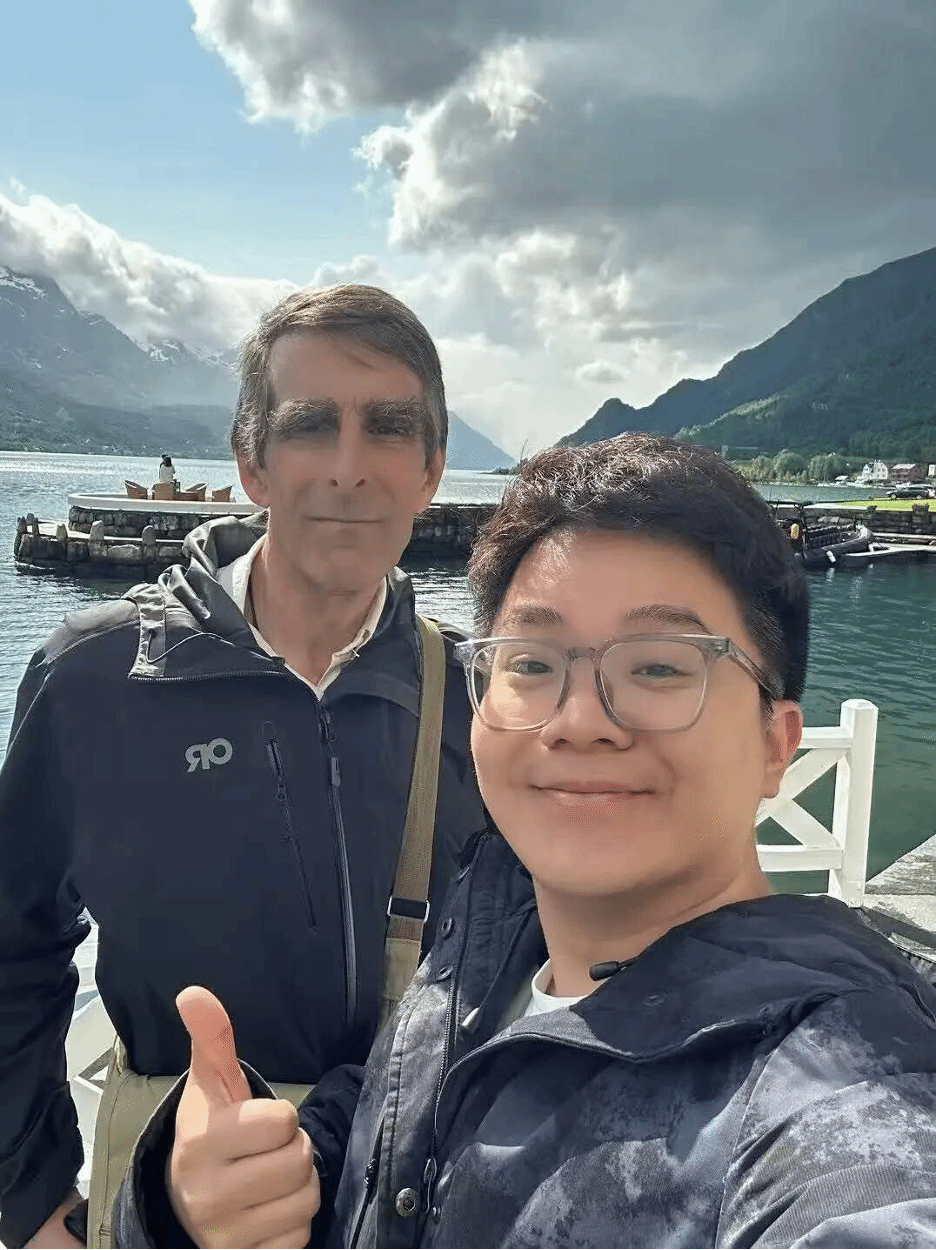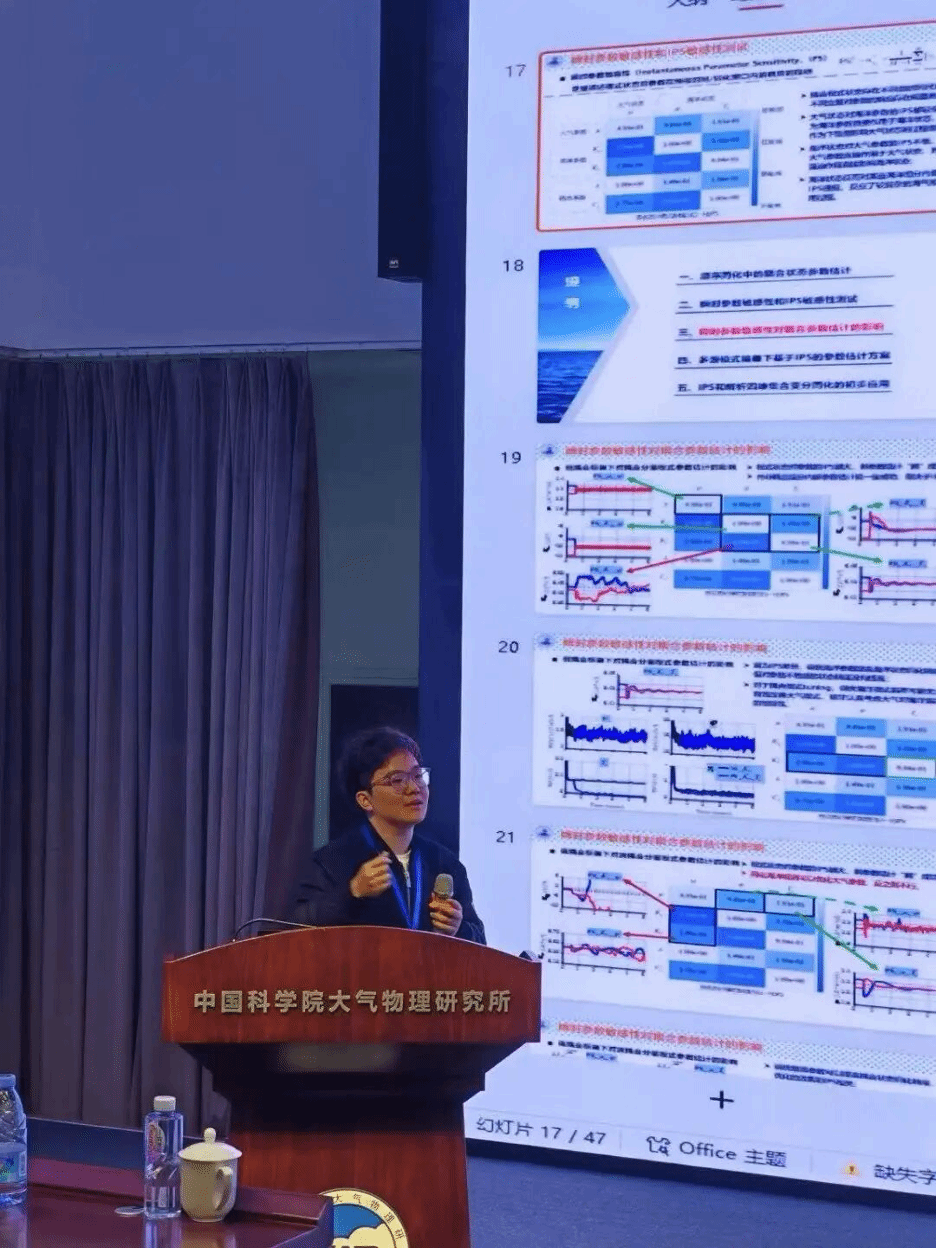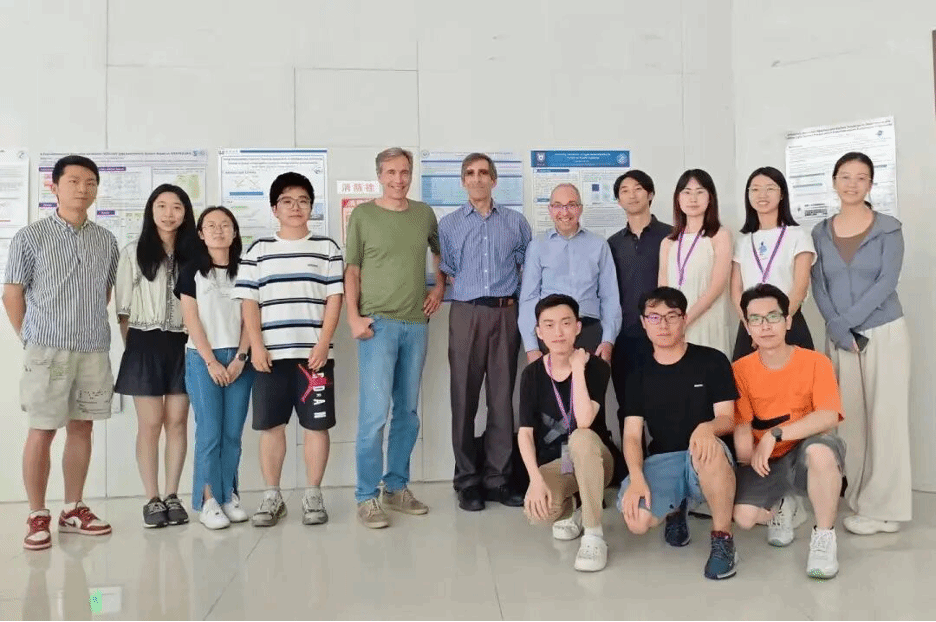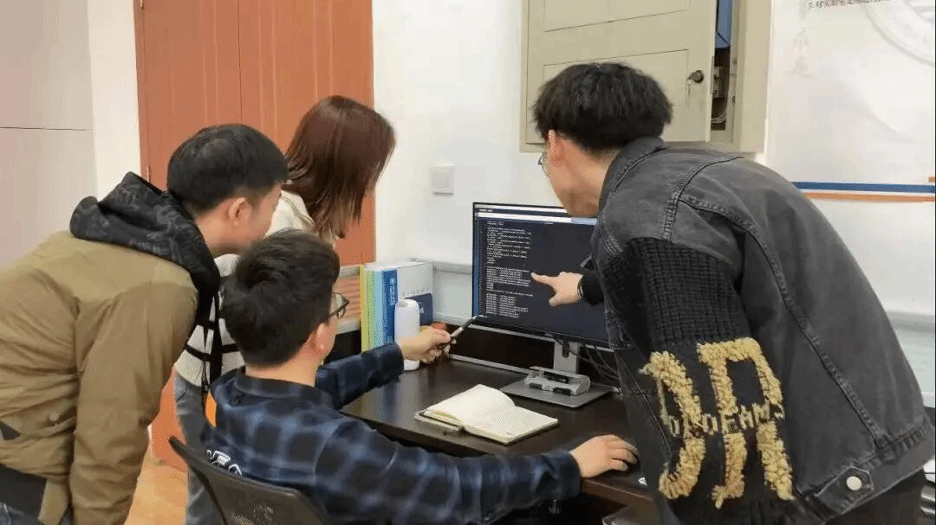Release time:2025-07-29

![]()
1. What secrets can you share about efficiently managing your time and energy while balancing heavy research, social activities, and maintaining excellent academic performance?
Cao Lige: First and foremost, establishing a systematic workflow is crucial. Just as I develop an engineering mindset in my research, I approach every task in a standardized manner. For example, when modifying code, I consistently write comments and manage versions; this habit also applies to my daily work arrangements, ensuring that every task is traceable.
Secondly, maintaining a focused work state is key. When handling over 100 review comments, I learned to break down large tasks into smaller, manageable goals, concentrating my efforts on tackling them one by one. This approach also helps balance multiple responsibilities; I allocate focused time slots based on the urgency and importance of each task.
Finally, it’s important to leverage teamwork. As a party branch secretary, I have deeply realized the significance of reasonable division of labor. Just as I seek guidance from my advisors in research, I also understand the importance of seeking support in my work and harnessing the power of the team

2. You have published papers in top marine journals as the first author. What has been the most challenging problem you encountered in your research journey, and how did you overcome it?
Cao Lige: Throughout my research journey, I encountered different challenges at each stage. The biggest difficulty during my master's stage was "not knowing how to write a paper." Facing a blank document left me feeling lost, and I realized I needed to read extensively in my field to learn writing techniques and approaches. My advisor provided crucial guidance, stating, "Not knowing how to write is due to insufficient reading." By systematically studying the literature, I eventually completed my first paper.
During my doctoral stage, I faced even more severe challenges. My first submitted paper received over 100 review comments, including many sharp critiques. Initially, I felt resistant and was dismissive when responding to the feedback. My advisor sternly pointed out, "Revising a paper is like refining a sword." This prompted a shift in my attitude; I began to carefully analyze the scientific questions behind each comment, conducted extensive additional experiments, and ultimately produced a 90-page response document, leading to the successful publication of the paper in "Monthly Weather Review".
In the later stage of my postdoctoral research, I encountered a new dilemma: I found myself "unable to think" amidst the heavy research workload. I revisited a previously shelved project, and through repeated experiments and literature studies, I eventually discovered a new mechanism for estimating coupled parameters. The results were published in the Journal of Advances in Modeling Earth Systems.

3. What has been the most memorable difficulty you encountered in your research or student work? How did you overcome it, and what growth did you achieve from the experience?
Cao Lige: The most profound difficulty I faced was during my first year of doctoral studies when I was confronted with over 100 review comments on my paper. At that time, I was completely unprepared and even felt a sense of resistance, asking myself, "Why do I have to make so many revisions?" This negative attitude led me to be dismissive in my initial responses to the comments.
The turning point came when my advisor gave me a stern critique, helping me realize the importance of taking each comment seriously. I adjusted my mindset and viewed the revision process as a valuable opportunity to enhance the quality of my paper. By analyzing each comment in detail and supplementing my experiments, I not only improved the quality of the paper but also significantly enhanced my research capabilities.
This experience made me realize that research work should not stop at merely completing the first draft; the meticulous revision process often leads to substantial qualitative leaps. This rigorous attitude has also carried over into my subsequent research and work.
![]()

4. For students who are just starting their research journey, what is the one core piece of advice you would like to share?
Cao Lige: Stay committed to your direction, maintain your critical thinking, be brave in practice, and work diligently.
